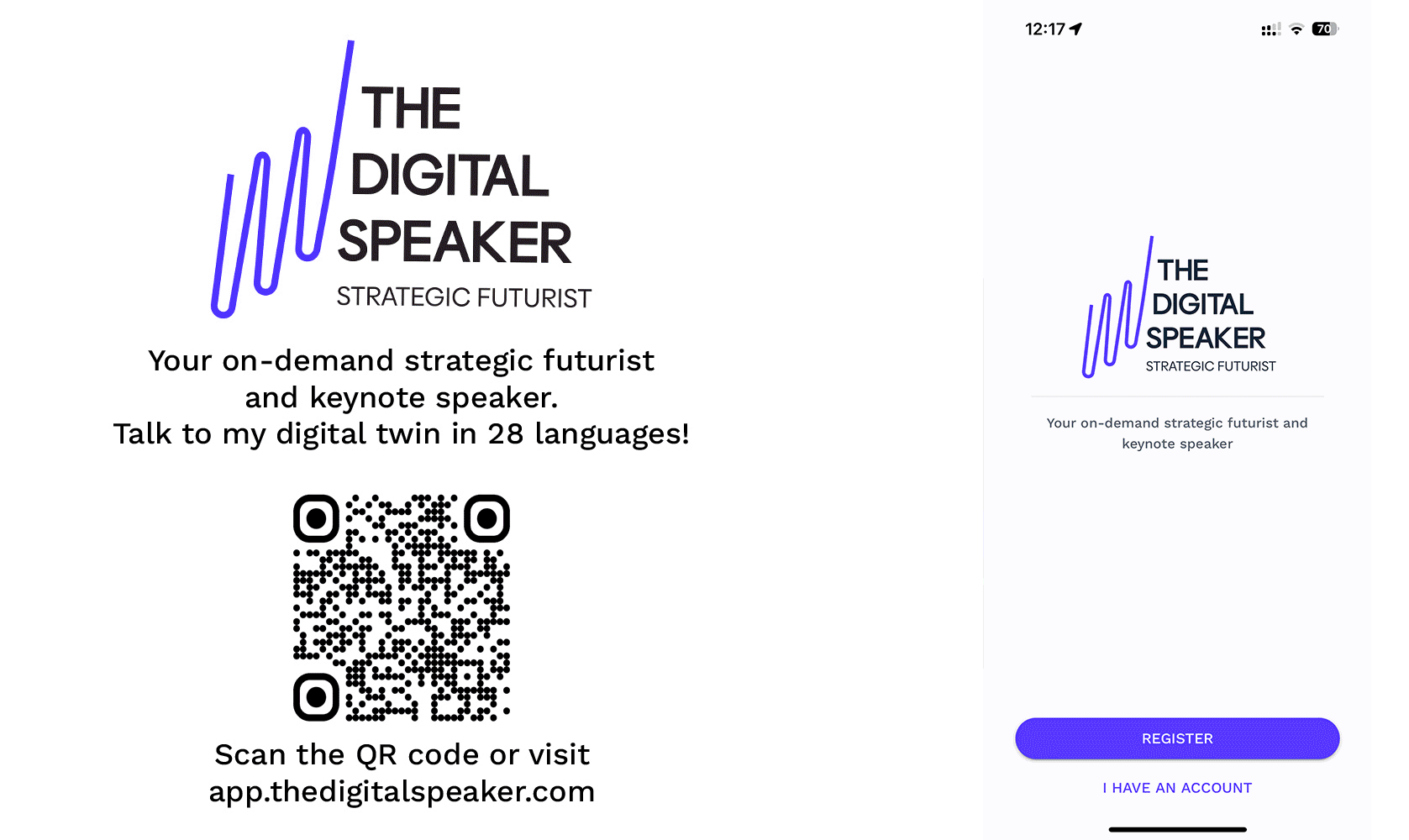Deepfakes: The Threat of AI-Fabricated Lies in Education

In an age where truth is already elusive, AI-generated deepfakes are turning our schools into battlegrounds of trust. Could your child's next school scandal be algorithmically engineered?
As AI strides into our everyday lives, its darker implications are beginning to cast long shadows, especially in sensitive areas like education.
Recently, a high school in Baltimore became the epicenter of a deepfake scandal, with an athletic director using AI to create a racist and antisemitic audio clip falsely attributed to the school principal. AI was misused to fabricate damaging statements, exemplifying a profound ethical crisis in technology application, and raising significant concerns about the safeguarding of truth and integrity in our society.
Dazhon Darien, the athletic director at Pikesville High School, was arrested after his digital impersonation of the principal led to widespread community outrage and severe repercussions for the wrongfully accused principal. The deepfake audio, ingeniously crafted to mimic the principal’s voice, included derogatory remarks that quickly spiralled out of control, as the content spread across social media platforms and incited a barrage of threats and calls for dismissal against the innocent principal.
This incident showcases the destructive potential of AI in tarnishing individual reputations and underscores the urgent need for ethical guidelines and strict regulatory measures in the deployment of such technologies. Educational institutions, entrusted with nurturing young minds, now face the grim reality of potential digital sabotage, necessitating robust mechanisms to combat the misuse of AI tools and to protect the welfare of educators and students alike.
Organizations and school districts must take proactive steps to establish clear policies on the use of AI, emphasizing ethical usage and implementing preventive strategies against its abuse. This includes educational campaigns to raise awareness about the capabilities and risks of AI among staff and students, alongside the development of rapid response teams to address any AI-related incidents.
This case serves as a critical wake-up call for policymakers and technology developers to prioritize the development of AI systems that emphasize transparency and accountability and that we need to prepare our world for a post-trust society. As AI technologies become more integrated into our daily lives, it is imperative that they are designed to enhance societal well-being, uphold justice, and protect against the erosion of trust that is fundamental to the functioning of any educational environment.
The Baltimore case illustrates the broader implications for all organizations in the digital age: the necessity to navigate the challenges of AI with vigilance and a strong ethical framework. As we stand on the precipice of a new era in technology, the collective responsibility to ensure AI serves to support rather than subvert the public good has never been more critical.
Read the full article in the New York Times.
----
💡 If you enjoyed this content, be sure to download my new app for a unique experience beyond your traditional newsletter.
This is one of many short posts I share daily on my app, and you can have real-time insights, recommendations and conversations with my digital twin via text, audio or video in 28 languages! Go to my PWA at app.thedigitalspeaker.com and sign up to take our connection to the next level! 🚀

If you are interested in hiring me as your futurist and innovation speaker, feel free to complete the below form.
Thanks for your inquiry
We have sent you a copy of your request and we will be in touch within 24 hours on business days.
If you do not receive an email from us by then, please check your spam mailbox and whitelist email addresses from @thedigitalspeaker.com.
In the meantime, feel free to learn more about The Digital Speaker here.
Or read The Digital Speaker's latest articles here.





